What Are Prickly Pears? Everything You Need to Know About This Vibrant Fruit
Prickly pears, also known as cactus fruit, are a vibrant and nutritious addition to your diet. With a sweet, watermelon-pear flavor, they’re rich in antioxidants, fiber, and hydration. From smoothies to salsas, prickly pears can elevate a variety of dishes, offering a refreshing twist to both sweet and savory recipes.
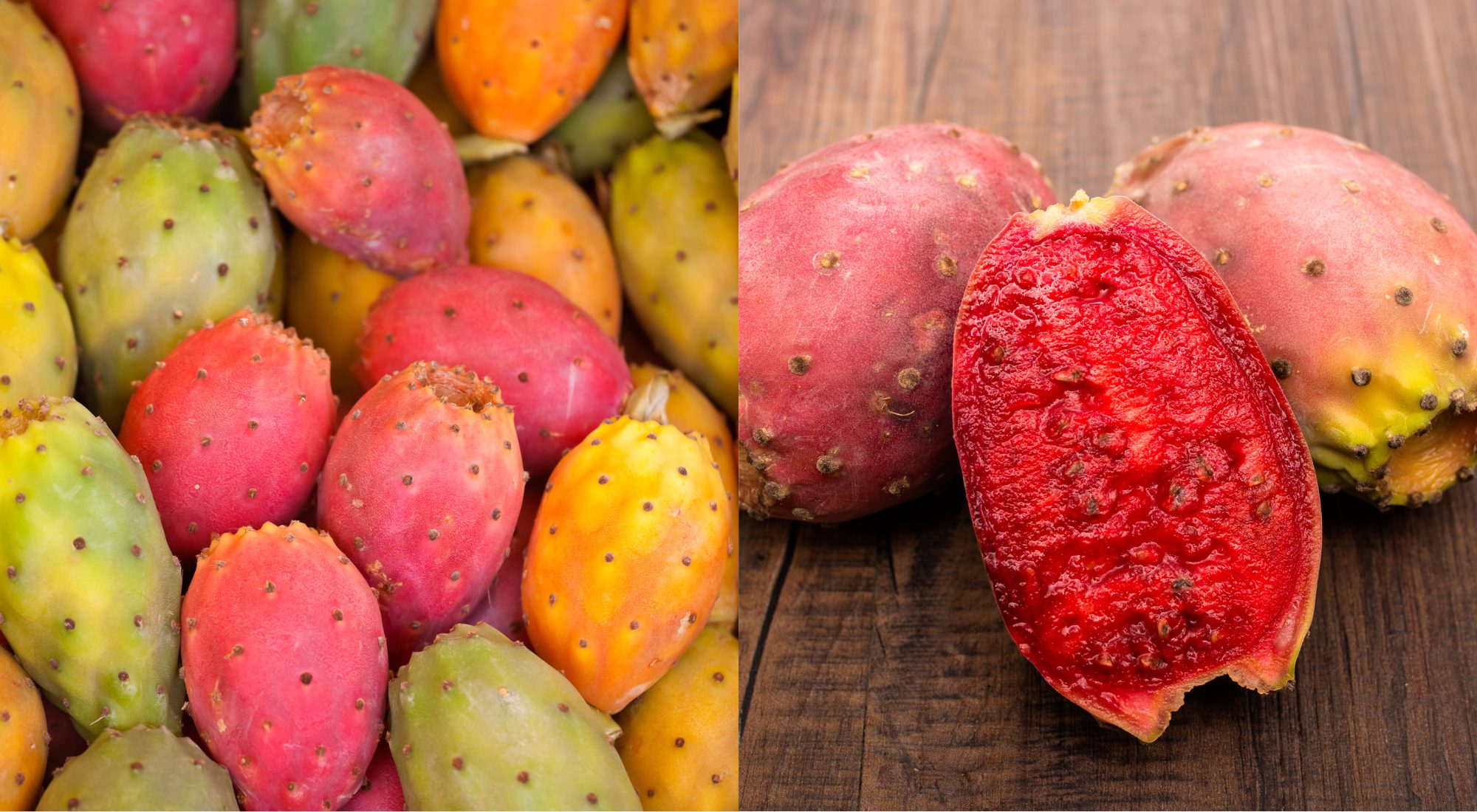;)
What Are Prickly Pears?
Prickly pears, also known as cactus fruit or sabra, grow on the nopal cactus, which is native to the Americas. This vibrant fruit is typically oval-shaped and comes in a variety of colors, ranging from green to yellow to deep purple. The tough outer skin is covered with spines (hence the name "prickly"), but once peeled, the soft flesh is sweet, juicy, and filled with tiny edible seeds.
Why Are Prickly Pears So Special?
What makes prickly pears so special is their distinctive flavor and texture. The taste can be described as a cross between watermelon and pear, with a lightly floral sweetness that’s refreshing and unique. Their vibrant color—often a bright magenta or orange—also makes them a visual treat. Apart from their flavor, prickly pears are a rich source of nutrients and are often praised for their health benefits.
Nutritional Benefits of Prickly Pears
Prickly pears are not only delicious but also packed with beneficial nutrients:
- Rich in antioxidants – These include vitamins C and E, which protect cells from damage.
- High in fiber – This aids in digestion and helps keep you full longer.
- Low in calories – Prickly pears are light on calories, making them a great option for healthy snacking.
- Hydrating – With a high water content, prickly pears help with hydration, especially in hot weather.
- Anti-inflammatory properties – Studies suggest that prickly pears may help reduce inflammation and improve overall wellness.
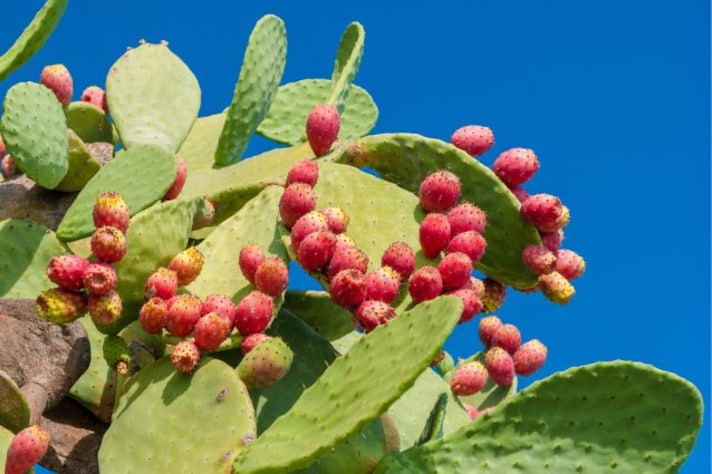
How to Use Prickly Pears in Cooking
Prickly pears are incredibly versatile in the kitchen, offering a sweet flavor that works well in both sweet and savory dishes. Here's how to incorporate them into your meals:
1. In Smoothies and Juices
Prickly pears make a refreshing base for smoothies and juices, lending a sweet, tropical flavor and vibrant color. You can blend the flesh with other fruits, or mix it with a bit of lime juice for a tangy twist.
Try This: Combine prickly pear, pineapple, and coconut water for a tropical smoothie that’s both hydrating and delicious.
2. In Jams and Jellies
The natural sweetness and juiciness of prickly pears make them perfect for homemade jams and jellies. Their subtle flavor pairs well with citrus, so try adding lemon or lime for an extra zing.
Try This: Cook down prickly pear with sugar, lemon juice, and pectin to create a colorful jam to spread on toast or top your desserts.
3. As a Topping for Salads
Prickly pear adds a refreshing, slightly sweet flavor to salads. You can peel and dice the fruit and sprinkle it over leafy greens, or pair it with avocado, citrus, and a light vinaigrette for a perfect summer dish.
Try This: Make a light salad with prickly pear, arugula, feta cheese, and olive oil for a healthy, flavorful meal.
4. In Salsas and Sauces
The tart and sweet nature of prickly pear makes it an excellent addition to salsas or sauces. It pairs beautifully with tomatoes, cilantro, and lime to create a vibrant salsa that can accompany grilled meats or be served with tortilla chips.
Try This: Mix diced prickly pear with tomato, cilantro, and jalapeño for a tangy, sweet salsa.
5. As a Dessert
Prickly pears are also great in desserts, thanks to their natural sweetness and bright color. Whether used in ice cream, sorbets, or fruit tarts, this fruit brings a refreshing twist to your sweet treats.
Try This: Make a prickly pear sorbet by blending the fruit with sugar and lemon juice, then freezing it into a cool, refreshing treat.
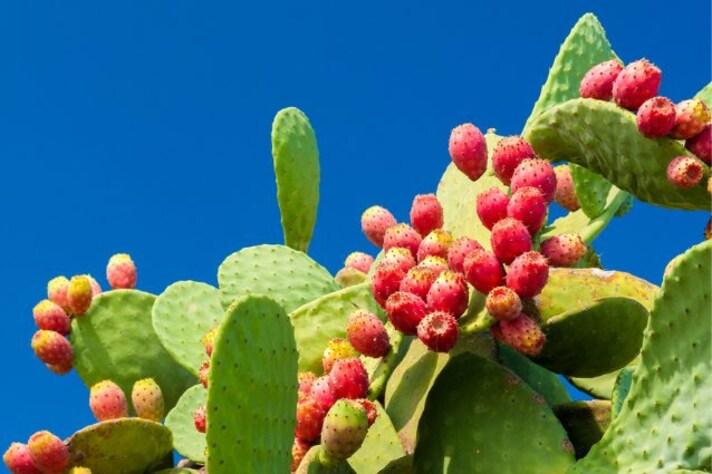
How to Prepare Prickly Pears
To eat a prickly pear, first cut off both ends. Use a knife to make a lengthwise slit in the skin, then peel off the tough outer layer. Once peeled, the flesh is ready to eat, and you can either eat it directly or use it in recipes. Be careful of the small spines on the skin, which can be removed by carefully handling the fruit or by wearing gloves.
Where to Buy Prickly Pears
Prickly pears are available in most grocery stores during the summer months, especially in the produce section of Latin American or Mediterranean markets. You may also find them at farmers’ markets. Look for firm fruit with vibrant color, and avoid fruit that is overly soft or bruised.
How to Store Prickly Pears
If you’re not using prickly pears immediately, store them in the refrigerator where they will stay fresh for about a week. You can also freeze prickly pears by peeling and dicing them, then placing them in an airtight container for long-term storage.
Final Thoughts
Prickly pears are a delicious and nutritious fruit that adds both flavor and color to a variety of dishes. Whether you’re blending them into smoothies, making jam, or adding them to salads, prickly pears bring a fresh, sweet twist to your cooking. Packed with vitamins, antioxidants, and fiber, this vibrant fruit is not only a treat for the taste buds but also a healthy choice for your diet.
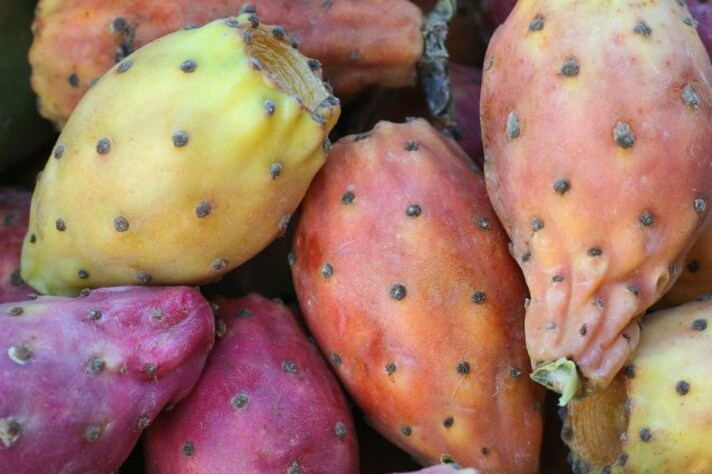
;Resize,width=767;)
;Resize,width=712;)

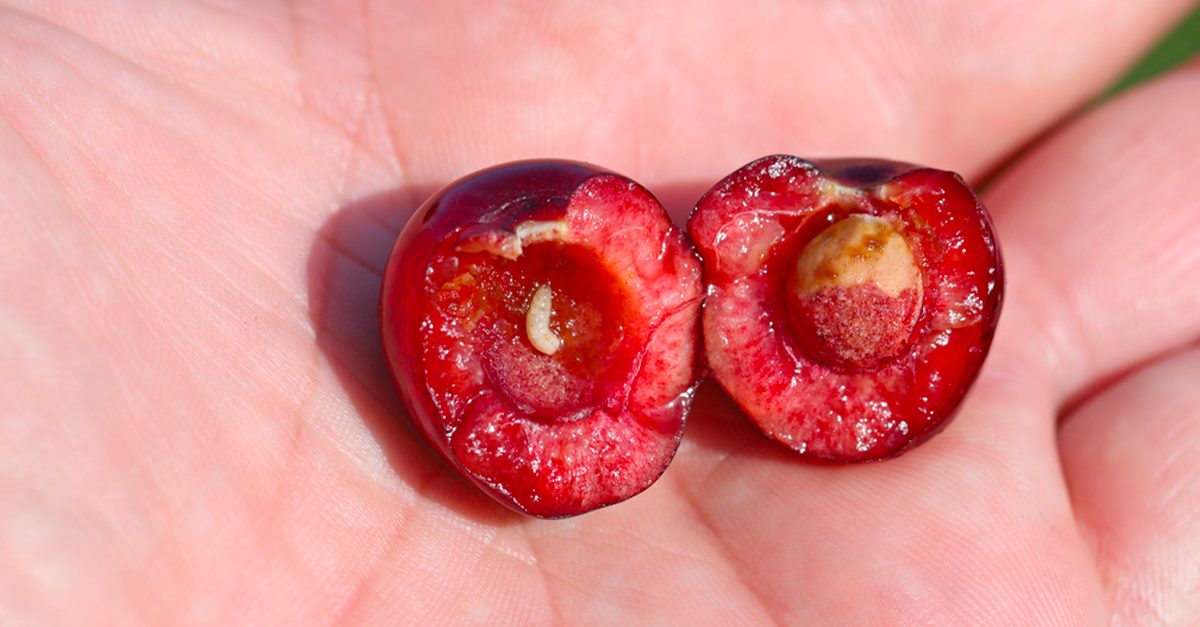;Resize,width=712;)
